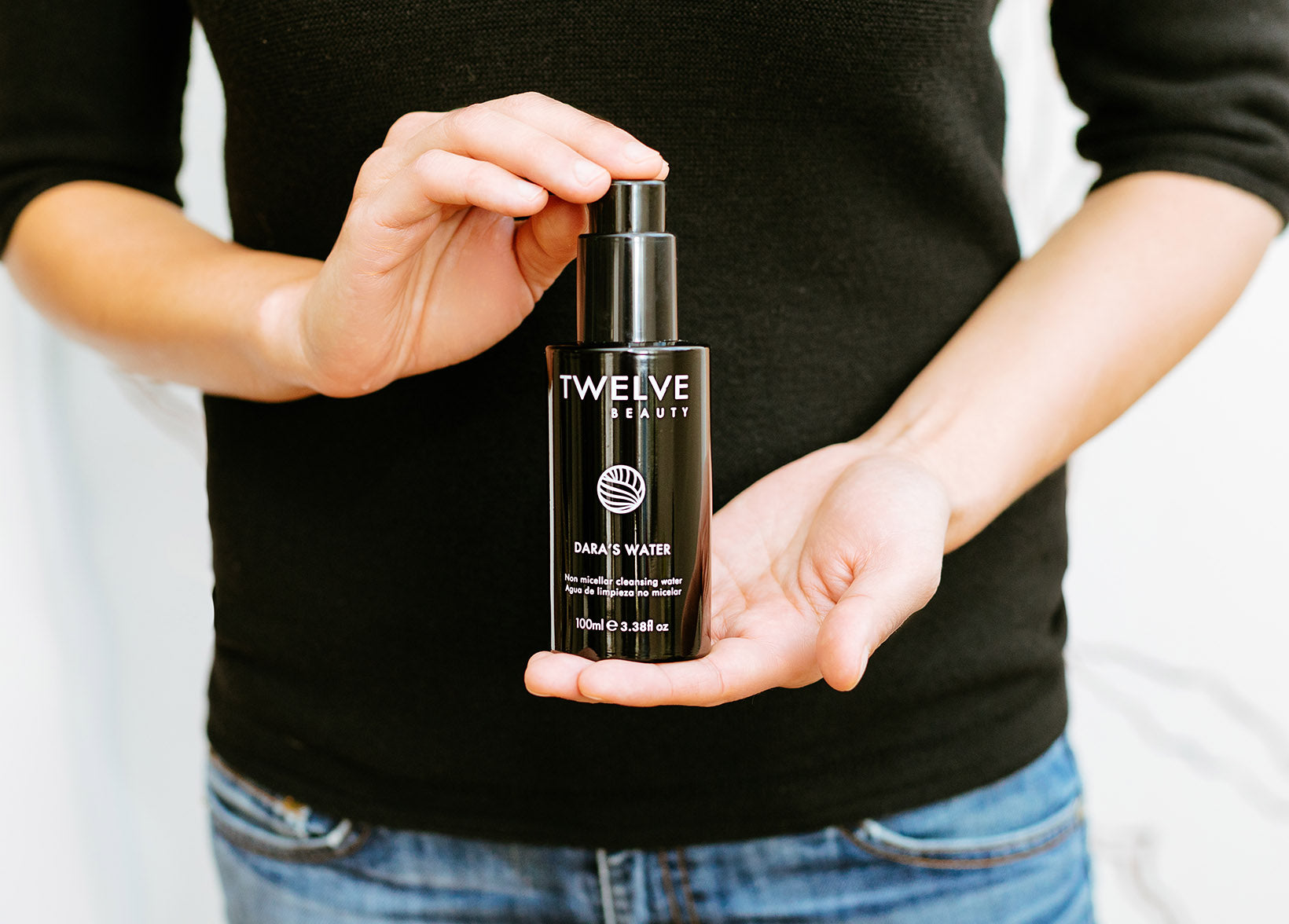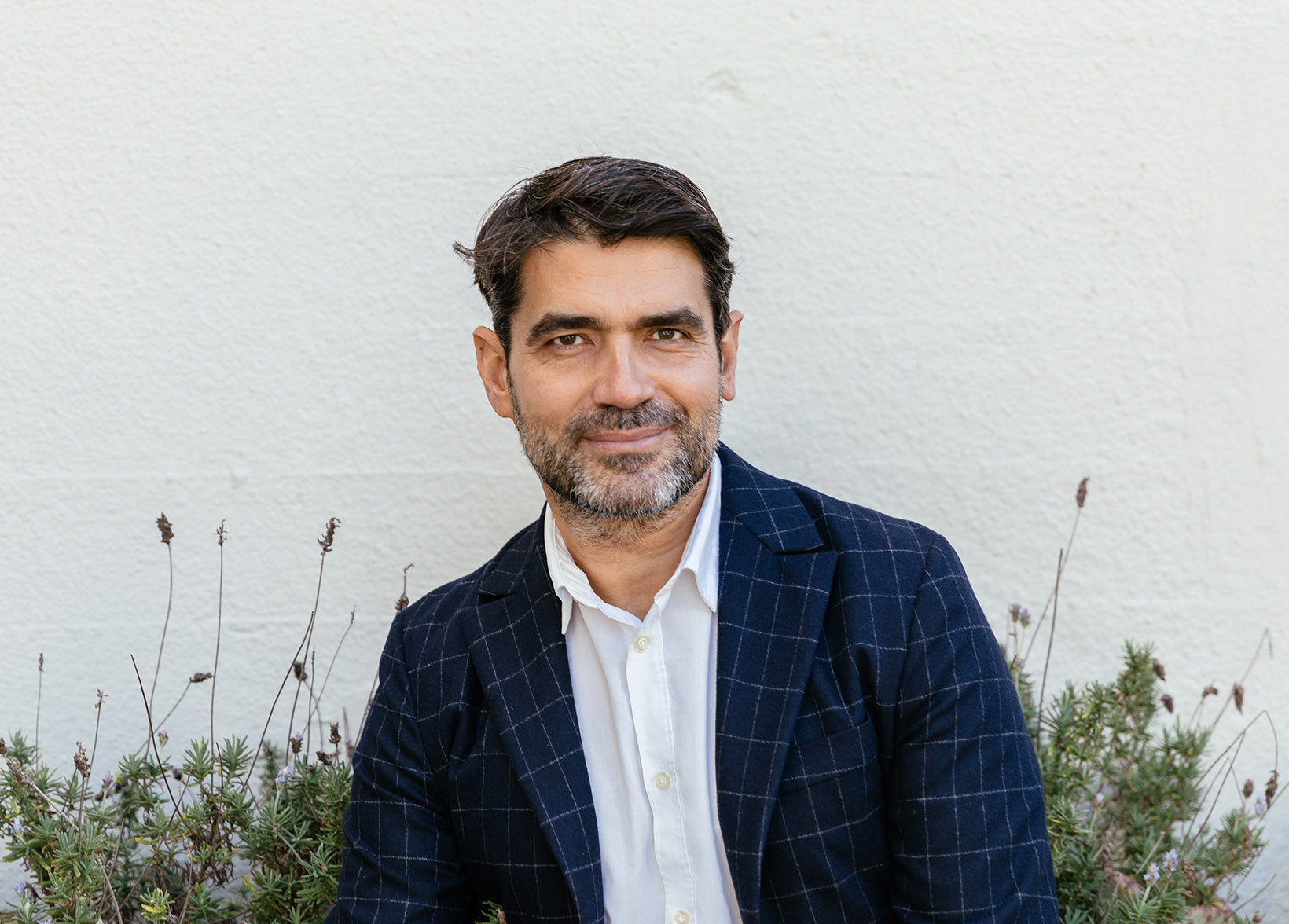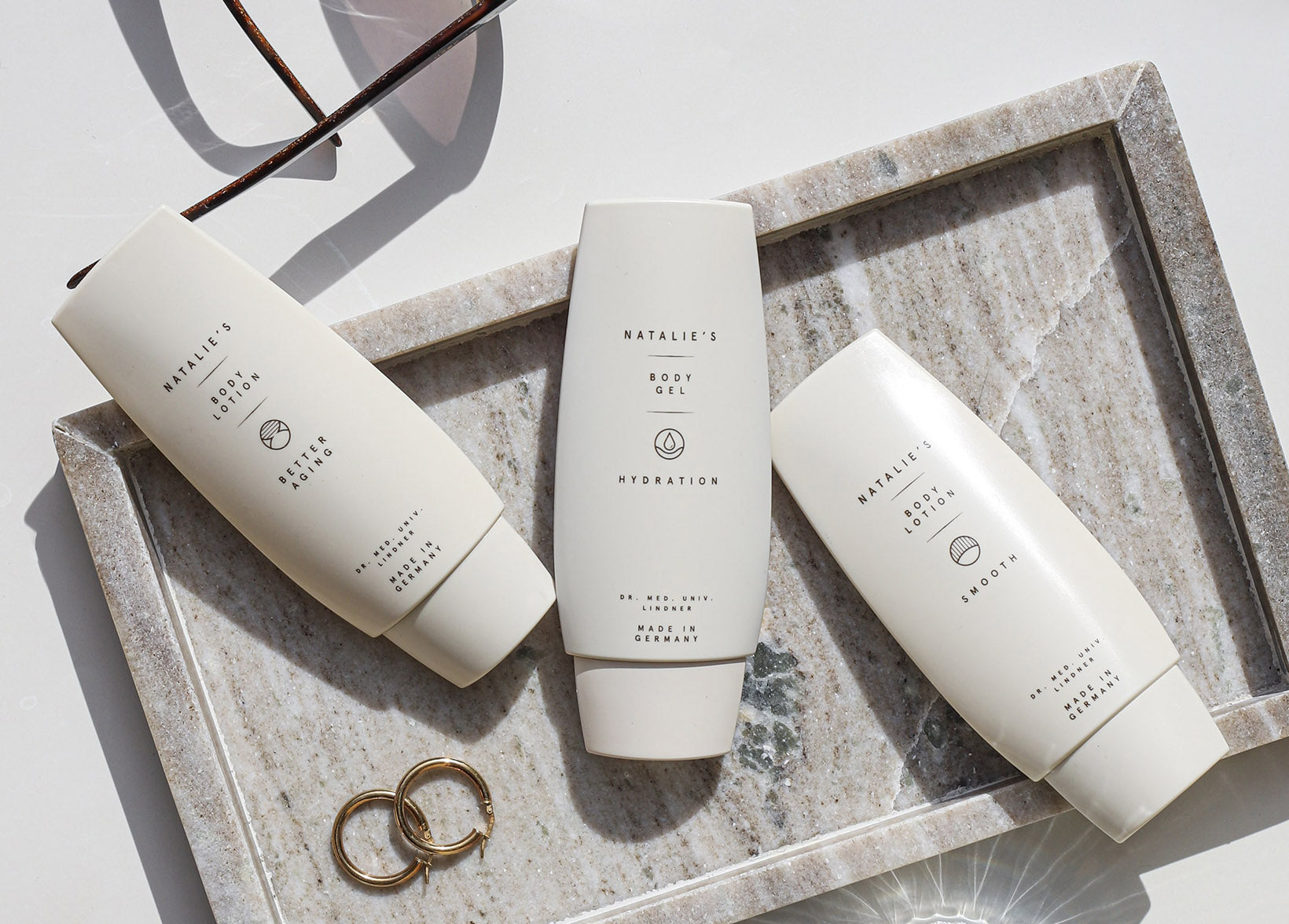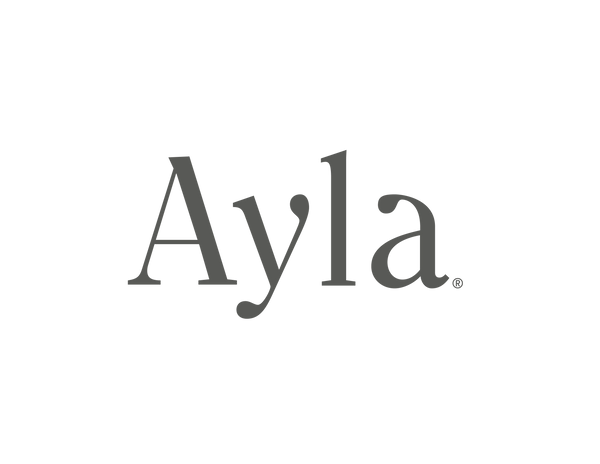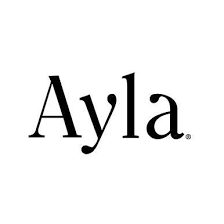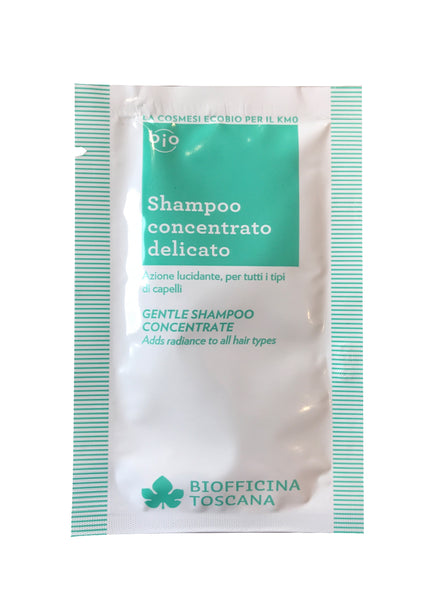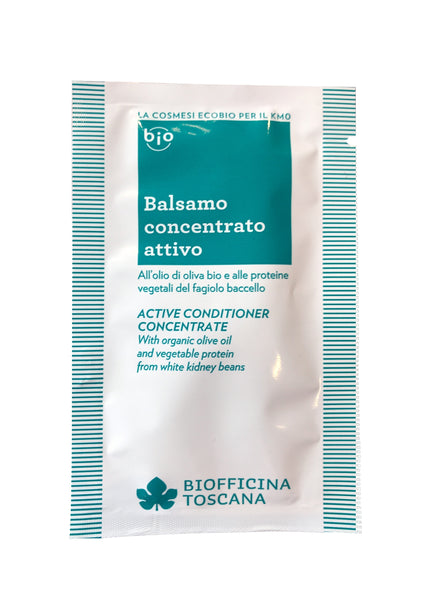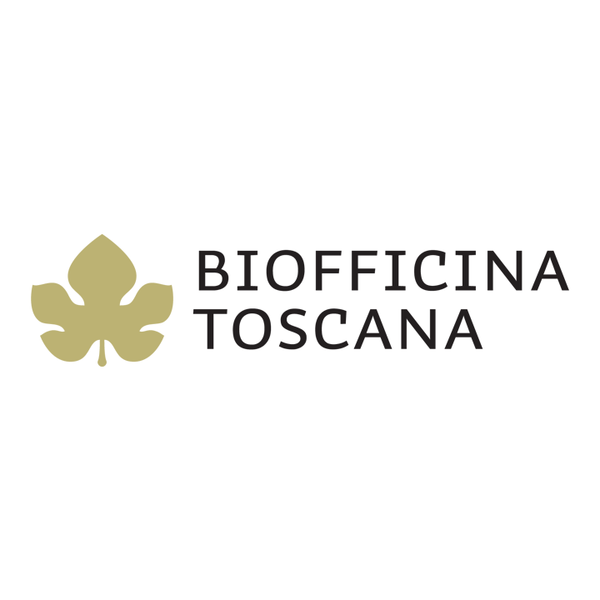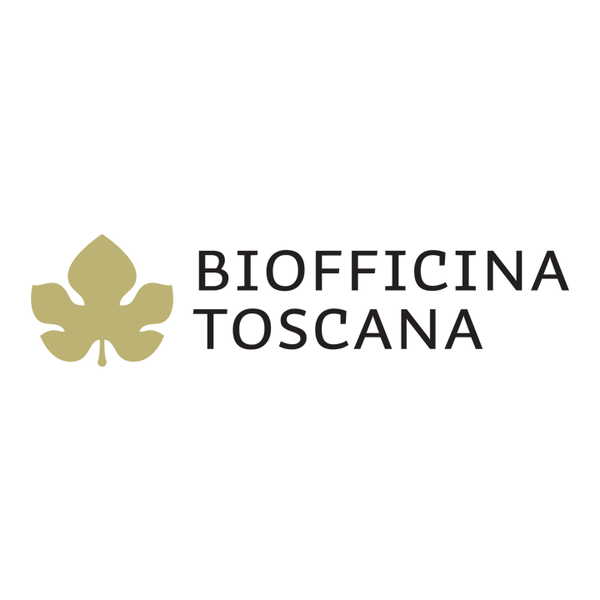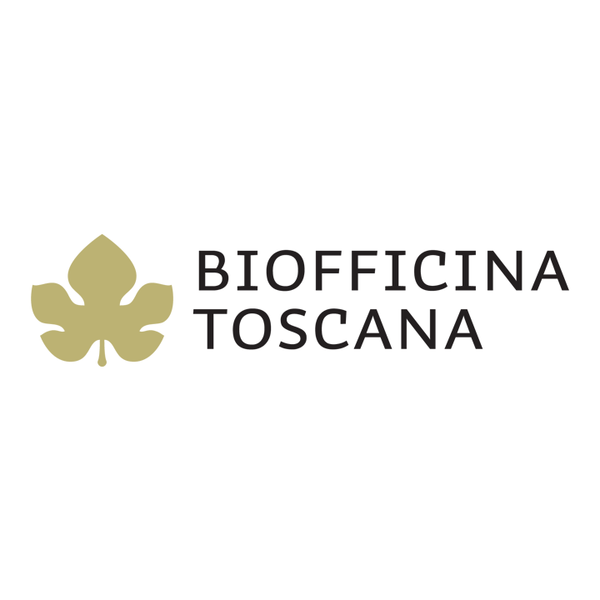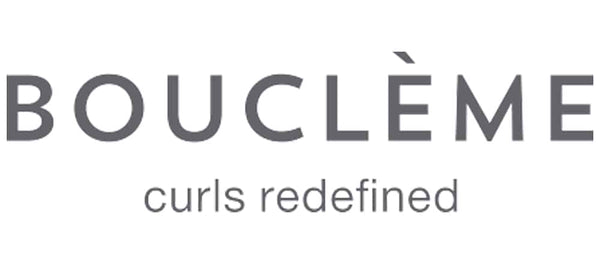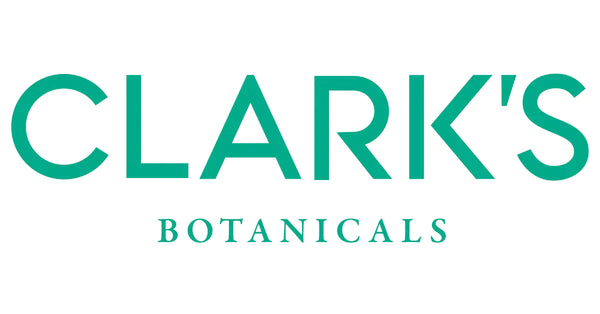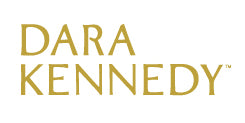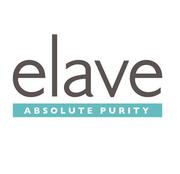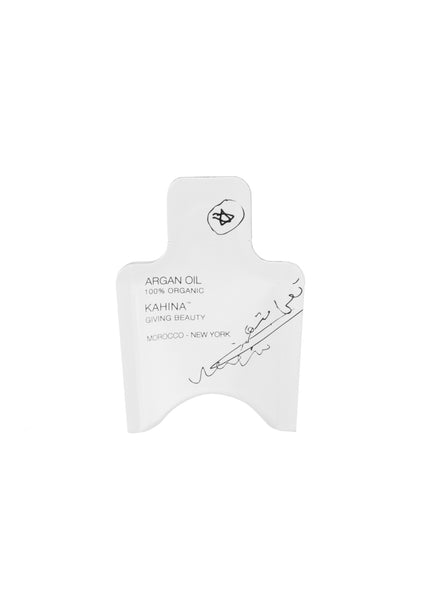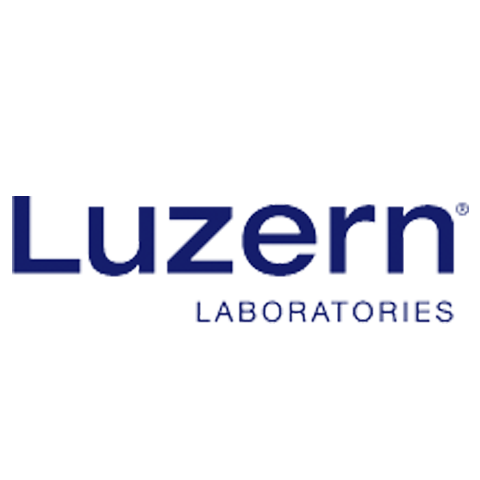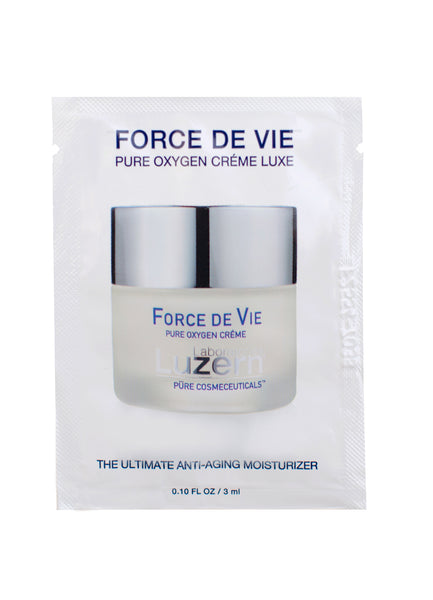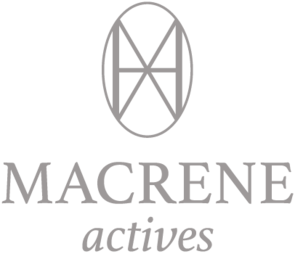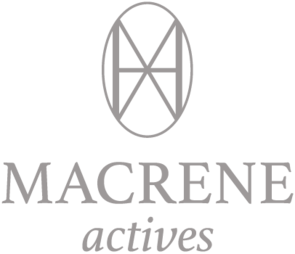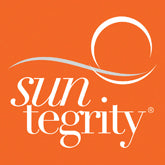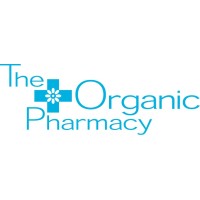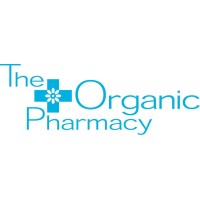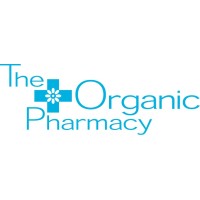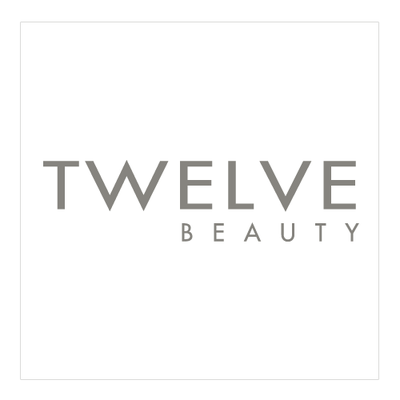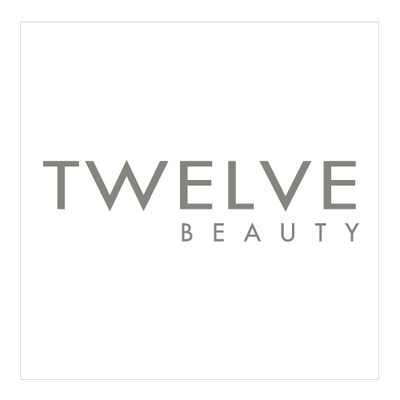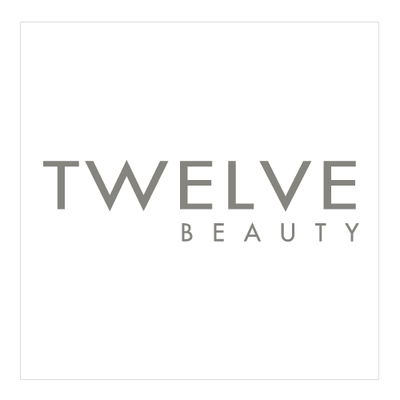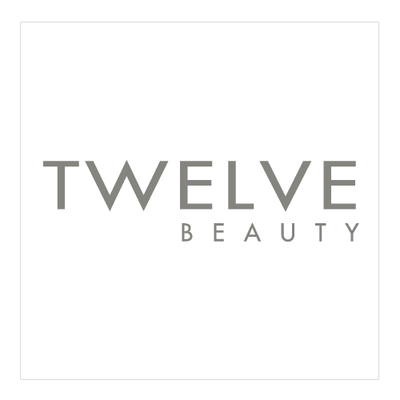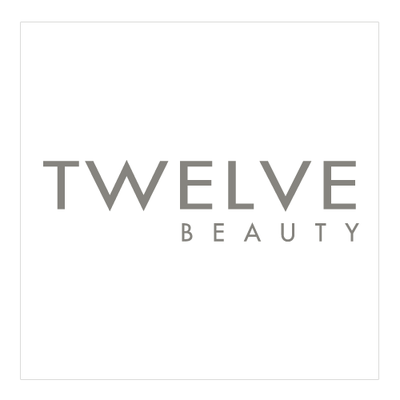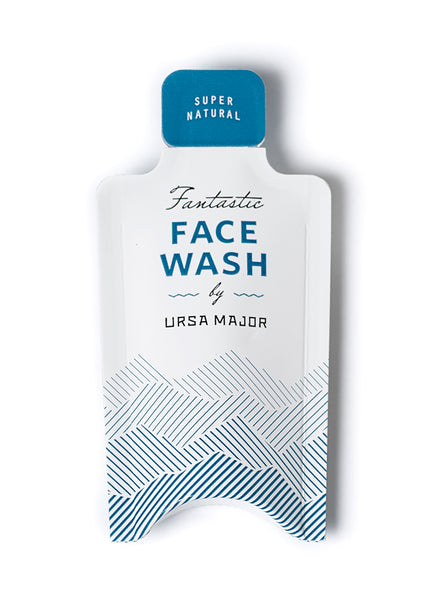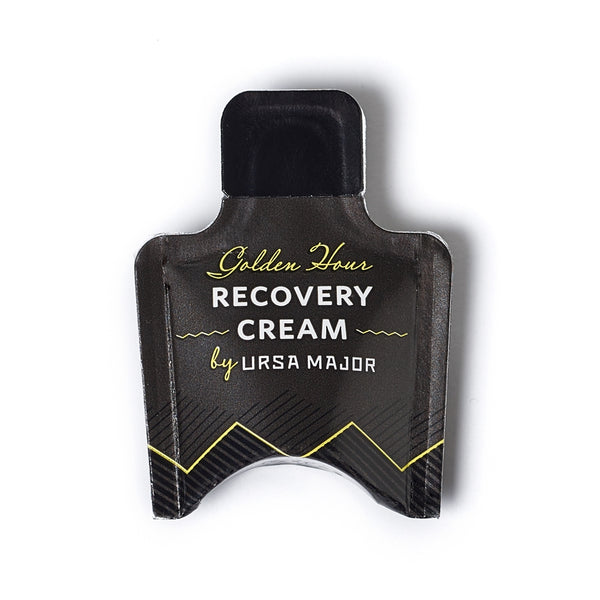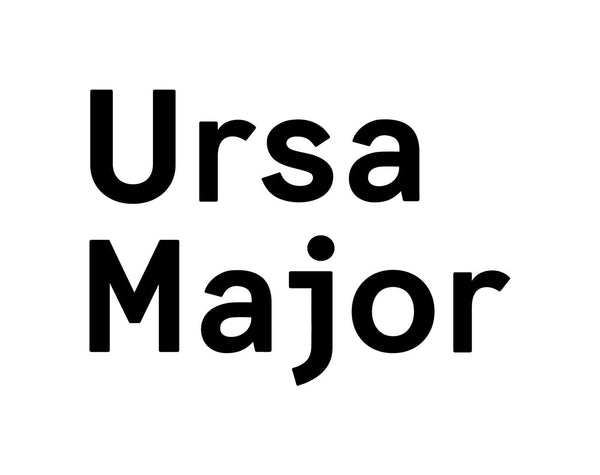Recent Articles
RiseWell is one of those brands that just fell into our laps, as if some sort of dental angel looked at our shelves and thought, “The poor dears, they don’t have a toothpaste brand in there, do they?”
It wasn't that we didn't want to sell toothpaste; we just hadn't seen any "natural" toothpastes that we thought were truly remarkable. And it turns out that we must have just been waiting for this one. Read this interview with founder Kori Estrada (pictured below) to find out why it is so remarkably different and, in our view, absolutely worth a try by pretty much everyone.
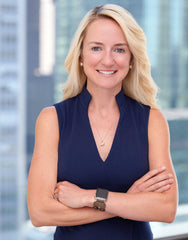
***
Ayla: How did RiseWell come about?
KORI: It started three or four years ago. My husband and I were trying to have a baby, and since I have PCOS, we had to go down the IVF path. We already ate very healthfully — I have a food blog! — but we wanted to make the process successful and asked my doctor what else we could do. When she mentioned that I should be careful with the personal care products that I was using, that was a real wakeup call.
So, like a lot of people do in these cases, we turned my house upside down to look at all the products we used every day and found that they didn’t contain great ingredients. It was a real challenge with oral care in particular: natural products on the market today tend to have horrible user experience. (You end up sticking your toothbrush in what is essentially a jar of mud, in some cases.) I’m lucky in that my brother is a dentist, so I talked to him about it and learned that most natural toothpaste doesn’t do very much, actually. So it seemed like a big problem to solve, and we dug into it. We wanted to create the cleanest oral care products that were backed by science — because at the end of the day, if you can’t get dentists on board with your oral care products, we don’t see much of a reason to create them.
Ayla: How did you come across hydroxyapatite?
KORI: We started by asking the question: what did people in other countries do when they were trying to solve a similar problem? I’m currently an investor in my day job and do a lot of traveling in Asia, especially to Tokyo, so on my next trip to Japan with my husband, we bought a bunch of toothpaste in a convenience store, and realized that these products were using something called hydoxyapatite instead of fluoride. The Japanese market tends to be ahead of the curve in a lot of areas, so it seemed like something we should look into.
Ayla: What is hydroxyapatite, exactly?
KORI: On a basic level, it’s a naturally occurring mineral; it’s what 97% of your tooth enamel is made of. It was first used for tooth care in the 1970s, when NASA found that their astronauts’ tooth enamel was getting soft and weak when they came back from space. They asked the question, “How do we create more of what your tooth enamel is made of?” And they worked on figuring out how to manufacture synthetic hydroxyapatite. This synthetic form is nano-hydroxyapatite, but just in the last decade, a naturally derived, non-nano form became more widely available, and this is what we use.
There is another hydroxyapatite toothpaste on the market that uses nano-hydroxyapatite. But with Risewell, we wanted to stay as close to nature as possible with our ingredients — and also avoid nanoparticles. This natural form of hydroxyapatite is vegan and sourced from a mine in France. We visited every single supplier we could find so that we knew exactly where it came from. I think ours is the highest quality hydroxyapatite in the world.
Ayla: So is it a fluoride replacement? Were you actively seeking to avoid using fluoride?
KORI: We weren’t opposed to using fluoride, but when we came across this ingredient, we decided that you can’t read through all of the data supporting it and conclude anything but that it works as well as fluoride — and maybe outperforms — with zero safety issues. At very high levels, fluoride is a neurotoxin, so you have to be careful about spitting out and rinsing when you use a fluoride toothpaste. For kids, who sometimes will eat toothpaste, we think hydroxyapatite can be a game changer. For adults, the benefit of not having these safety issues is that you can use a liberal amount and not rinse as thoroughly at night, for example, and that’s actually helpful: the longer it stays on your teeth, the more effective it is. The hydroxyapatite crystals in the formula will attach to your teeth and help rebuild the enamel overnight.
Ayla: Tell us a little more about fluoride vs hydroxyapatite. Why is hydroxyapatite not used in the US as an anti-cavity ingredient?
KORI: What’s interesting about this ingredient is that other countries can make anti-cavity claims with it — there’s 40 years of data to back it up — but you can’t make that claim in the US. Essentially, fluoride is used as an anti-cavity ingredient here in the US because it was used before a law in 1962 established what is called the “FDA monograph” for OTC drugs. This is a list of protected drug claims, like “anti-cavity” and “antacid,” and it stipulates what ingredients and related concentrations are safe and effective (there are over 800 ingredients and 1,400 indications on this list). If a drug is used as described on the list, no FDA approval is required. If a product does not contain the monographed ingredient, they cannot make the associated claim, period. Fluoride is the only anti-cavity ingredient on there.
Interestingly, there is a lot of controversy because, apparently, fluoride was never proven safe and effective prior to the 1962 law — but let’s put that point aside for now. It was used prior to 1962, which is why it is on the list as the only approved drug for the anti-cavity claim. Hydroxyapatite was not invented until the 1970s, and thus is not on that OTC monograph, so no anti-cavity claim can be made with it (because that is a “monographed drug claim”).
Ayla: So, why is it not being approved as an anti-cavity ingredient?
KORI: The approval process to get hydroxyapatite (HA) on the monograph would take many years and cost millions of dollars, at the end of which time whomever paid that money would not have any patent on HA; literally everyone would then be able to make anti-cavity claims using HA. Over the next decade, maybe someone sponsors this change, but for the foreseeable future, this is the reality in the US.
Elsewhere, though, the Japanese have been using hydroxyapatite in their toothpaste ever since the 1970s, and hydroxyapatite toothpaste (as opposed to toothpaste with fluoride) currently accounts for 60% of the toothpaste market there. Its use is also picking up in the EU, especially in Germany.
Ayla: You’re currently sold in over 100 dentists’ offices, though — so it looks like you’re making some headway despite that major obstacle!
KORI: We definitely have to do some heavy lifting, especially with dentists: most are “fluoride or nothing.” The know your teeth are made of hydroxyapatite, but most don’t realize that you can use it in products. Luckily, there is so much data available to back up this ingredient that even the most skeptical dentists are eventually won over.
Ayla: Speaking of staining, RiseWell toothpastes actually keep teeth whiter, which is an incredibly cool side benefit.
KORI: Yes! Usually, teeth-whitening treatments use peroxide, which can be so harsh that it strips away a layer of enamel — this is why it makes your teeth more sensitive. And charcoal is similar: it works like sandpaper. Your teeth look whiter, but at the expense of a layer of enamel. You’re basically exfoliating your teeth. But you only have so many layers of enamel: when we were looking at hydroxyapatite together, my brother (a dentist) mentioned that he’s seen many people with thin, soft enamel on their teeth due to too many whitening treatments or their use of charcoal toothpaste.
In this case, you’re whitening your teeth – but in a very different, positive way.
Ayla: And you’ve been careful to keep your toothpaste formulas so clean that they’re actually edible.
KORI: Yes, we were careful about that because the gums are among the most absorbent parts of your body. So even if you’re not swallowing what’s in your toothpaste, we think every ingredient in your toothpaste SHOULD be something you can theoretically eat. And with hydroxyapatite in the formulas, you don’t need to sacrifice efficacy for a natural product.
We’ve kept our other products food safe as well — but we’ve also insisted that they all actually do something. We can’t be in dentists’ office otherwise.
Ayla: What do you think is most unique about your mouthwash and your floss?
KORI: We actually coat our Scrubby Floss with hydroxyapatite crystals, so the great thing is that you can get it in between the teeth, too, which is important because most cavities start in the cracks in between the teeth. It’s also free of PFAS chemicals (basically, Teflon) that are frequently found in floss. And we use vegetable wax instead of beeswax, so it’s vegan. We’re very careful about transparency, so you’ll see all the ingredients listed on the box.
And our Mouthwash is great to use because, instead of killing all of the bacteria in your mouth, it’s healthier for your microbiome since we use xylitol from non-GMO corn instead. Xylitol acts like a fake sugar that’s floating around in your mouth, and the bacteria think it’s real sugar and try to eat it — so it helps control the overgrowth of bad bacteria that can cause the acid that leads to cavities. (We use Xylitol in our toothpaste, too, to help with the composition of bacteria in your mouth.) I love using it to freshen my breath after lunch or as part of my tooth brushing routine.
***
We actually don't think it's possible to learn about all of this and not be intrigued. Check out RiseWell's products here.

